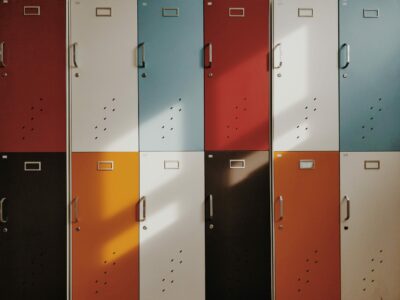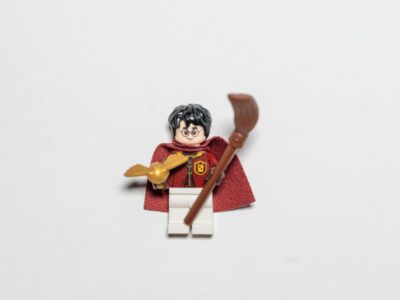My first night at college, there was an ice cream social for the freshmen in my residence hall. I remember feeling nervous—sweaty palms, throat closing like an ancient tomb. I prepared myself for the inevitable interaction with my peers. I invited my roommate to accompany me to the event. He shook his head, turning to his video games: putting an end to the matter. Awkwardly, I adjusted my clothes and took a deep breath.
Downstairs, I grabbed a plastic spoon at the door.
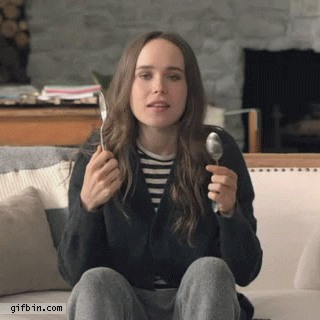
Stepping into the room, I realized to my despair that the ice cream already disappeared. Who knew a bunch could annihilate 10 quarts of ice cream in minutes?! I stood in the corner of the room, watching the other college kids eating their ice cream, holding a useless plastic spoon. Alone, I only watched as other people laughed, enjoying pleasant conversations. Desperately, I used the plastic spoon as an icebreaker. Because that’s normal?
“I’m not sure what to say—hey…let’s talk about my spoon!”

Surprise—everyone thought I was a freak. I noticed one kid, strutting around, talking to everyone. I decided to follow him, imitating his actions. Eventually, the boy caught onto my act.
“What’re you doing?” The question came out as an accusation.
“I just—I don’t know—” I fumbled with an explanation. “You seem pretty social.”
“Yeah, whatever.” Rolling his eyes, he disappeared into the crowd of college students.
I ran back to my room with hot cheeks and a racing heartbeat. I felt ashamed. Hopelessness began to settle in and I began to wonder how kids even made it through this whole “college experience.”
And that’s when I realized… I didn’t know how to make friends.
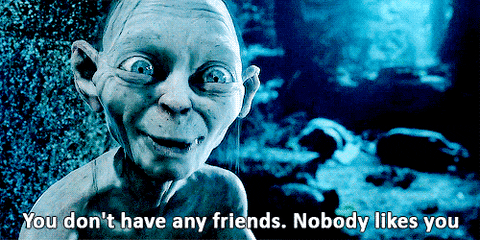
Oddly enough, I got homeschooled. I experienced some social interaction with kids my age, but not much. And, with limited experience in dealing with peers, I didn’t know how to behave. I didn’t know the current lingo, or how to use social media to my advantage. I made friends, but not from trying. I met with other homeschoolers once a week to do homework, but without a big pool to choose from, we were forced to be friends. I never got the opportunity to practice being social. Forced upon me, social skills were not second nature for me.
Now, in a college setting, I truly began questioning my ability to socialize. With no obligation to be my friend, the other kids—understandably—left me to feel lonely. Sitting alone in the dining hall, I received looks of pity, or disgust. I received kind comments from kids who felt bad for me. And I received mocking comments—people turning me into a joke in order to rise in their own social standing. I felt miserable freshman year. Standing in a field called Helmick Commons, looking at the buildings all made of glass, I wished I could scream loud enough to shatter the windows. I left school, never wanting to go back, but knowing my options were limited.
I felt trapped.
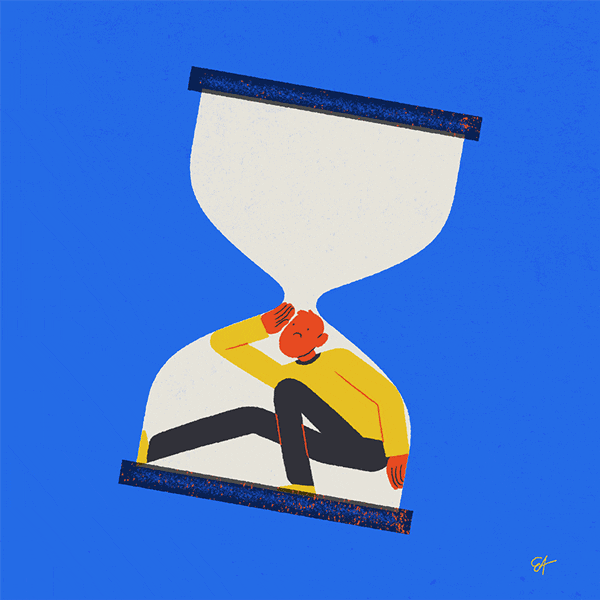
Since then, however, I learned how to be more social. I experienced tons of embarrassing “plastic spoon” moments, but I learned a lot from them. The misery I once felt changed. Now, I’m excited. Recently, I studied abroad in Belize. The other people on the trip were popular sorority girls. Surprisingly enough, I fit in with them. The girls seemed shocked when I told them about my socially-awkward origin story. “You’re good at being social now,” One girl said.
And to be honest, I know she’s right. People laugh at my jokes, not at me. People don’t avoid me. People invite me to parties, not out of pity, but because they actually like me. But, inside, I am still the boy with the plastic spoon. When I speak, I expect judgment or confusion: I anticipate being misunderstood. I expect people to choose not to sit with me in the dining hall. I’m still in the shadowy corner of a crowded room. Listening to laughter coming from the end of a hallway. Watching party lights from a distance.
Born in the skin I am currently in, I came to the realization that I need to accept me as I am.
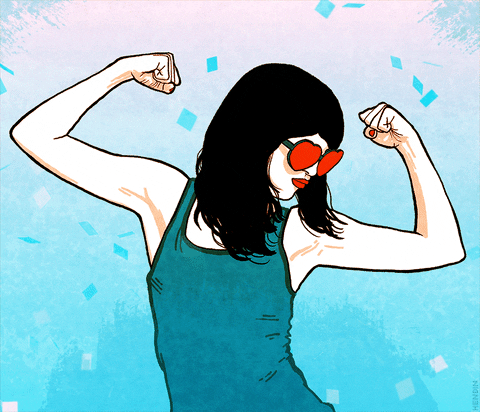
I can’t take the past out of me. To be honest, I wouldn’t want to. My hands still fidget at my sides. My heart races with anticipation over nothing. But I love who I am, that I’m resilient. I don’t run from a challenge. And I have proof of that with my college experience. Yes, it may be difficult—and I definitely made a fool of myself a few times—but it made me who I am.












